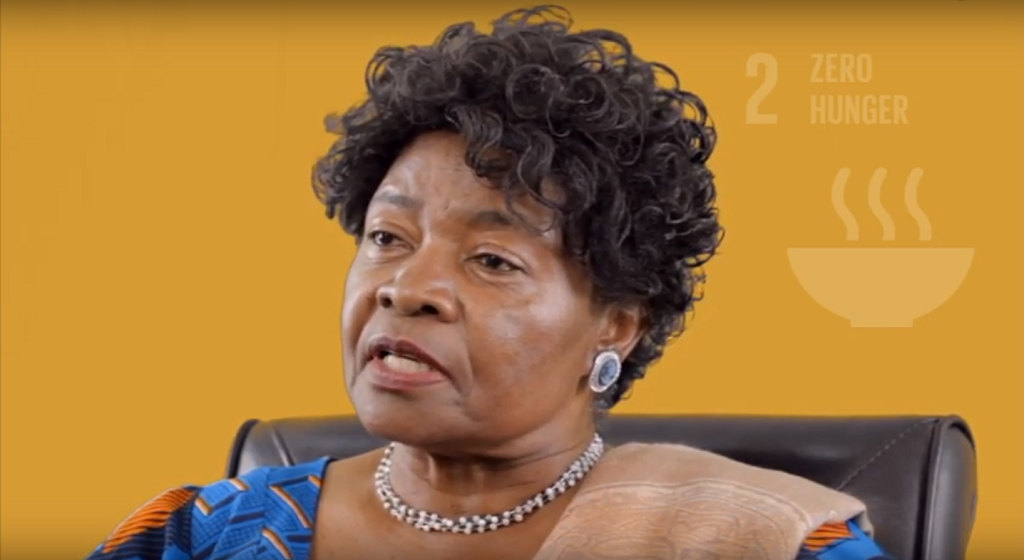World Soil Day 2017 – “Caring for the Planet from the Ground”
[Image credit: FAO] “Caring for the Planet from the Ground” is the theme of this year’s World Soil Day (#worldsoilday). World Soil Day (WSD) is an annual campaign aimed at raising awareness of the critical importance of healthy soils and advocating for the sustainable management of global soil resources. In June 2013, the…
Lancet Countdown reports on climate and health
[Photocredit: iStock] Lancet Countdown has published its first annual report, monitoring how we are doing on action against climate change in relation to health. Its findings show that climate change is affecting health today and affects those in developing countries disproportionately. Twenty-five years of inaction on climate change have damaged our health, says the report,…
Why biological control is an important tool to manage problematic invasive species in Europe
Over the last few years, biological invasions have become a regular topic in the news. Today the general public is probably better informed about the negative environmental and economic impacts alien invasive species can cause than ever before. However, concern about invasive species and the search for methods to sustainably manage them has a much longer history, dating back to the 19th century
Invasive species, climate change and tourism impacts the greatest threats to natural World Heritage
A new report from the IUCN looks at conservation prospects, threats, protection and management of natural World Heritage sites. The IUCN World Heritage Outlook 2 summarises the key trends in the state of conservation of natural World Heritage sites, the threats and pressures they are facing, and the effectiveness of their protection and management. The…
World Travel Market debates Responsible Tourism and Overtourism
This week, a number of CABI staff attended the World Travel Market, the annual gathering of the travel industry in London. Among a packed Responsible Tourism programme at the event on Tuesday 7 November was a panel session looking at what the priorities for Responsible Tourism should be for the next five years. Fifteen years…
Capitalising on Africa’s agriculture to achieve ‘zero hunger’
CABI board member Professor Ruth Oniang'o talks about winning the 2017 Africa Food Prize and how CABI is working towards helping to achieve the UN Sustainable Development Goal 2: Zero Hunger.
Clear water ahead
Last month the International Institute for Sustainable Development (IISD) reported that an international measure that aims to prevent the spread of invasive aquatic species had come into force (see the full article on the IISD website). The International Maritime Organization’s (IMO) International Convention for the Control and Management of Ships’ Ballast Water and Sediments (BWM…
The chicken or the egg?
Re-blogged from the Plantwise Blog. “I started with just 100 chickens,” begins Mr Jean Claude Ruzibiza. He goes on to explain how from small beginnings he has now become Managing Director of Rwanda Best, a farm producing 4,500 eggs a day and growing fruit and veg to satisfy a significant part of nearby Kigali’s hungry population.…
Pilgrimage and Peace-building
by Ian McIntosh It was Aboriginal Australia and the spiritual traditions of the first peoples that introduced me to the world of religious pilgrimage. Over many years, beginning in the early 1980s, I would join the Aborigines of northern Australia on journeys to sacred sites to learn about their timeless mysteries through song, dance, folklore…
Unmanned aerial vehicles – Agriculture’s “game of drones”
Unmanned aerial vehicles (UAV’s), more commonly referred to as drones, are not new technology. They have been used commercially since the early 1980’s, but in recent year’s practical application of this technology has grown rapidly across a number of industries, with agriculture playing a key role in this expansion. With the global population expected to…



